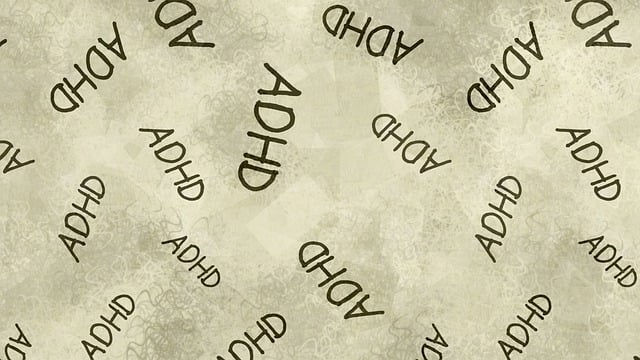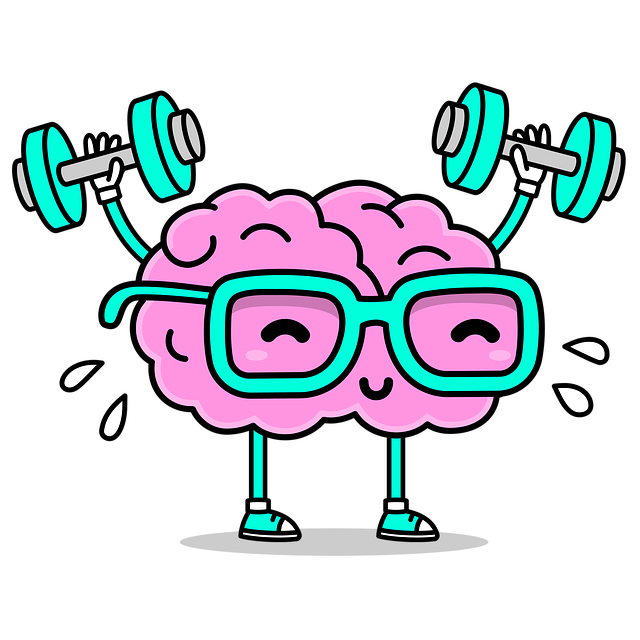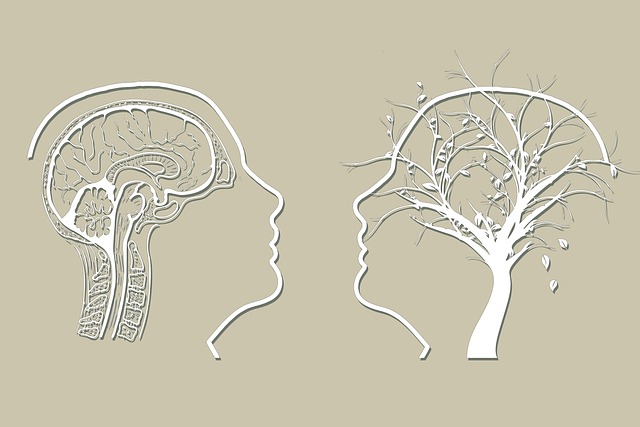Resilience-building through the RFM (Resilience, Flexibility, Mastery) model is a comprehensive approach to supporting young children with sexual dysfunction. This therapy integrates emotional flexibility, problem-solving, and conflict resolution skills, empowering kids to navigate interpersonal challenges healthily. Early recognition of sexual dysfunction in childhood is vital for accessing tailored therapy, preventing future issues, and fostering confidence. Trauma-informed practices create safe spaces, encouraging emotional expression and personalized care for healing. RFM exercises, when implemented by parents and caregivers, offer step-by-step techniques for emotional well-being, flexibility through role-playing, and building mastery via achievable goals. This holistic approach, including self-care routines, enhances mental health, especially in therapy for young children with sexual dysfunction.
“Unleashing resilience in young children is a powerful tool to combat sexual dysfunction, a growing concern in early childhood. This article delves into the world of RFM (Regulation, Focus, and Movement), an innovative therapy approach designed to build mental and emotional fortitude. We explore its role in addressing sexual dysfunction, offering a comprehensive guide for parents and caregivers. From understanding the fundamentals to implementing exercises and sharing inspiring success stories, this resource provides valuable insights into enhancing children’s well-being.”
- Understanding RFM and Its Role in Resilience Building for Young Children
- Identifying Sexual Dysfunction in Early Childhood: Recognizing the Signs
- The Impact of Trauma-Informed Approaches on Child Development
- Implementing RFM Exercises: A Step-by-Step Guide for Parents and Caregivers
- Success Stories: Real-Life Examples of RFM's Effectiveness in Treating Sexual Dysfunction
Understanding RFM and Its Role in Resilience Building for Young Children

Resilience is a vital skill for young children to develop, especially when considering their overall well-being and mental health. The RFM (Resilience, Flexibility, and Mastery) model offers a structured approach to building resilience in kids, focusing on three key areas that contribute to their ability to cope with challenges and setbacks. This therapeutic framework is particularly relevant for children who may be facing issues like sexual dysfunction, as it provides tools to enhance their emotional and psychological strength.
The RFM model encourages children to embrace flexibility in thinking and behavior, enabling them to adapt to changing circumstances. It fosters a sense of mastery by teaching valuable problem-solving skills and strategies for conflict resolution. Integrating social skills training and community outreach program initiatives within this framework can further strengthen resilience by promoting healthy interactions and supportive relationships with peers and adults. Conflict resolution techniques, when taught alongside RFM principles, empower children to navigate interpersonal challenges constructively.
Identifying Sexual Dysfunction in Early Childhood: Recognizing the Signs

Identifying sexual dysfunction in early childhood is a critical aspect of ensuring healthy development and overall mental wellness for young individuals. While it might be an uncomfortable topic for some, recognizing potential issues early can prevent significant challenges later in life. Children as young as preschool age can exhibit signs of sexual dysfunctions or inappropriate behaviors that may point to deeper concerns.
Parents, caregivers, and educators play a pivotal role in spotting these subtle cues. Behaviors such as excessive curiosity about sexuality, engaging in sexualized play with peers, or displaying unusual fascination with body parts can be red flags. Additionally, emotional indicators like withdrawal from social interactions, low self-esteem, or sudden changes in behavior might suggest underlying issues. Accessing therapy for young children suffering from sexual dysfunction is essential to address these concerns and implement effective interventions aimed at burnout prevention while fostering confidence boosting strategies for holistic mental health development.
The Impact of Trauma-Informed Approaches on Child Development

Trauma-informed approaches have gained significant importance in understanding and supporting young children’s development, especially those who have experienced adverse events or trauma. This perspective recognizes that early life experiences, particularly when stressful or traumatic, can have profound effects on a child’s mental health and overall well-being. By incorporating trauma-informed practices, such as providing safe and supportive environments, encouraging emotional expression, and offering individualized care, professionals can create an enabling atmosphere for healing and growth.
One specific area where these approaches are making a difference is in addressing sexual dysfunction in young children, often stemming from abuse or neglect. Therapy tailored to their age and developmental stage, focusing on mental health education programs designed to enhance resilience, can help them process and overcome traumatic experiences. This holistic approach ensures that children not only receive the necessary medical care but also develop coping strategies and a positive sense of self, fostering overall mental health awareness and building resilience from an early age.
Implementing RFM Exercises: A Step-by-Step Guide for Parents and Caregivers

Implementing RFM (Resilience, Flexibility, and Mastery) exercises is a powerful way for parents and caregivers to support young children’s emotional well-being, especially those facing challenges like sexual dysfunction in therapy. This step-by-step guide aims to empower caregivers with tools to enhance their child’s resilience.
Start by creating a safe and judgment-free space where your child feels comfortable expressing themselves. Introduce RFM concepts gradually, explaining each aspect clearly. Emotional Well-being Promotion Techniques can include teaching deep breathing exercises for calming moments. Encourage flexibility through activities like role-playing different scenarios to practice problem-solving skills. Mastery can be built by setting achievable goals and celebrating each step of progress. Regularly review and adapt these exercises to suit your child’s unique needs, fostering a sense of control and empowerment. Self-Care Routine Development for Better Mental Health is integral; help your child identify activities that bring joy and relaxation, incorporating them into their daily routine as Self-Care Practices.
Success Stories: Real-Life Examples of RFM's Effectiveness in Treating Sexual Dysfunction

Many success stories highlight the transformative power of RFM (Relational, Family, and Mental) therapy in addressing sexual dysfunction among young children. This therapeutic approach, designed to foster healthy relationships and emotional connections, has shown remarkable results. By integrating empathy-building strategies, parents and caregivers can create a supportive environment conducive to healing. The RFM model encourages open communication, enhances emotional well-being promotion techniques, and equips individuals with coping mechanisms to navigate challenges.
One such example involves a young child who struggled with sexual behavior issues. Through RFM therapy, the child’s family learned effective empathy building strategies that fostered understanding and trust. This supportive framework allowed for gradual exposure therapy, helping the child process their experiences in a safe and controlled manner. As a result, not only was the sexual dysfunction resolved, but the entire family experienced improved emotional resilience and stronger bonds. This narrative underscores the effectiveness of RFM in preventing burnout among both children and their caregivers while promoting holistic healing and personal growth.
The implementation of RFM (Resilience, Flexibility, and Mindfulness) exercises offers a promising approach to addressing sexual dysfunction in young children. By combining these techniques with trauma-informed practices, parents and caregivers can effectively foster resilience and support healthy development. As highlighted by the success stories shared, early intervention through RFM therapy can have profound positive impacts on vulnerable children’s lives, helping them navigate challenges and thrive.









